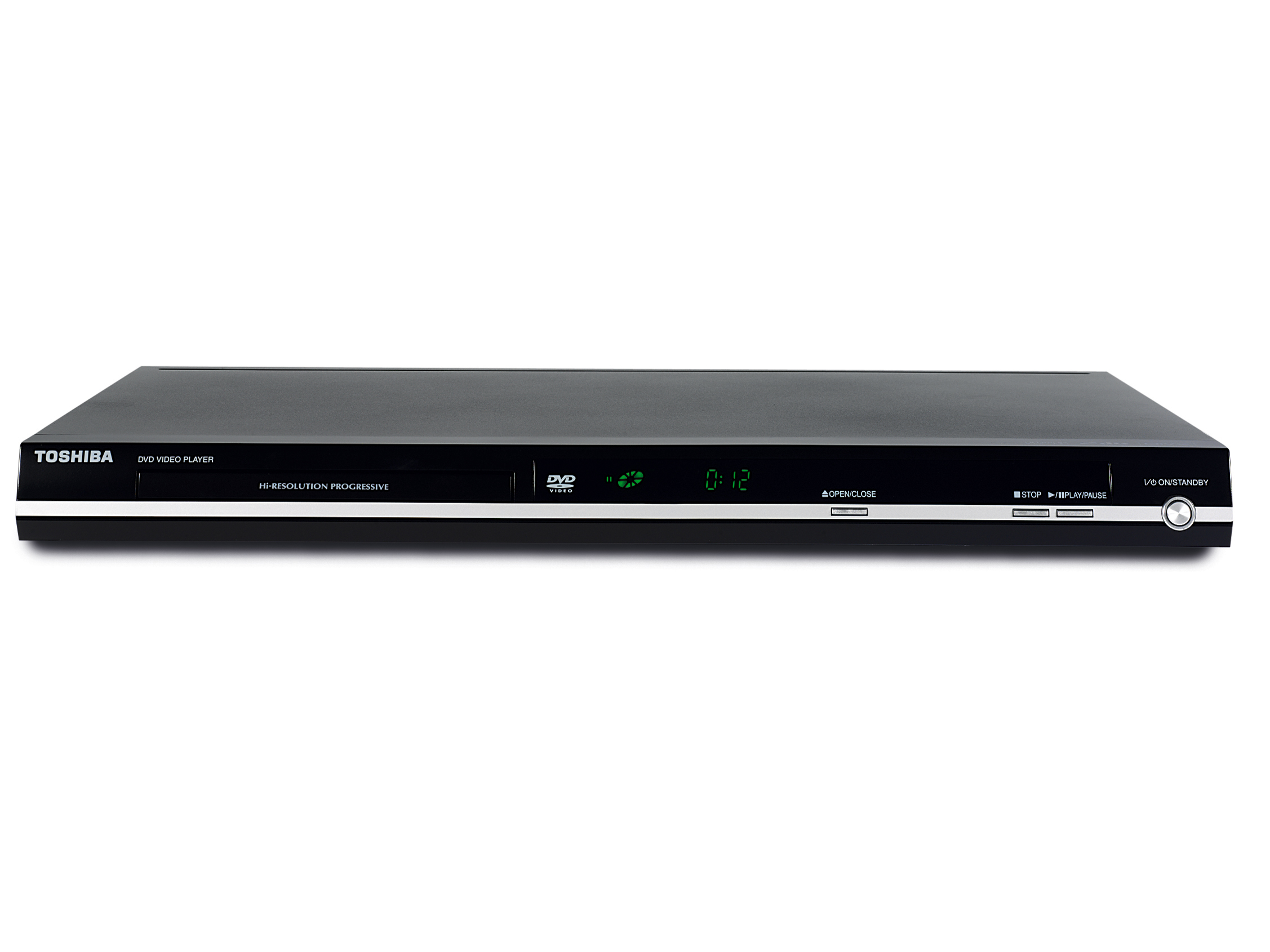TechRadar Verdict
If you can live without HD upscaling - which arguably only makes a small difference at this price - the SD-270E is a great budget act
Pros
- +
Picture detail
- +
Absence of noise
- +
Price
- +
Design
Cons
- -
No upscaling
- -
No digital output
Why you can trust TechRadar
Few, if any, DVD brands have a finer reputation for affordable quality than Toshiba. But its latest deck, the SD-270E, retails for the relatively puny sum of £50. Surely this has just got to be too little to get you any genuine quality?
The deck gets off to a perfectly respectable start by at least not appearing to be too badly built. It feels solid and classy, and its ultraslim profile and tasteful black and silver livery make it pretty enough in a 'toys for the boys' kind of way.
A scan of its connections around the back, however, yields an early disappointment: no HDMI digital output. All you get is a component video for progressive scan, a Scart, and an electrical digital audio jack. Obviously, this means you can enjoy neither the purity of a digital signal feed, nor the extra resolution of an upscaled HD output.
Still, maybe it's a tad churlish to wish for anything more than progressive scan, especially when you consider the asking price. Besides the progressive scan compatibility, features on the 270E are understandably limited.
There's the facility to magnify the picture in three stages, there's a '3D' sound option for fans of pseudo surround sound, and the deck can handle the minus and plus DVD recording formats including dual-layer discs, video CDs, SVCDs, JPEGs, MP3 files and DiVX v3.11, 4.x, 5.x and 6.0. WMA, however, does not appear to be on the menu.
Operating the 270E is a relatively straightforward task, thanks to its cheerful onscreen menus and reasonably effective remote control. We guess the deck's general lack of features is arguably helpful here, too, in that the lack of options to play with means there really isn't any way even the most die-hard technophobe can put a foot wrong.
Even without HD upscaling, the 270E's performance is far better than you've a right to expect for the peanuts you're paying for it. Straight away, for instance, we're impressed by the image's exemplary levels of sharpness, as it reveals all the detailing a good DVD transfer has to offer.
In fact, the picture actually looks crisper and more detailed than some upscaled pictures we've seen - though not all. Contributing greatly to the surprising sense of sharpness from the progressive scan or RGB-delivered PAL picture, is the lack of visible noise. There's exceptionally little MPEG decoder blockiness going on in backgrounds for a deck so cheap, and grain and colour buzzing seem similarly well suppressed.
Non-progressive outputs perhaps look a touch more gritty than progressive ones, but that's no more than we'd expect. The 270E's images also look likeably solid thanks to some impressively rich colours and a contrast range that's way more expansive than that of the majority of the sub-£50 brigade to which this Toshiba remarkably belongs.
When it comes to its audio capabilities, the 270E's budget level shows through rather more than it does with its pictures. Movies sound decently clean and dynamic, but a selection of our favourite CDs tend to sound a touch too brash for comfort.
That said, we're not talking about actual audio crimes here, and the fact that we can describe the 270E's sonics as even decent, is a result, considering just how little Toshiba is asking for this impressively solid performer.
Tech.co.uk was the former name of TechRadar.com. Its staff were at the forefront of the digital publishing revolution, and spearheaded the move to bring consumer technology journalism to its natural home – online. Many of the current TechRadar staff started life a Tech.co.uk staff writer, covering everything from the emerging smartphone market to the evolving market of personal computers. Think of it as the building blocks of the TechRadar you love today.
